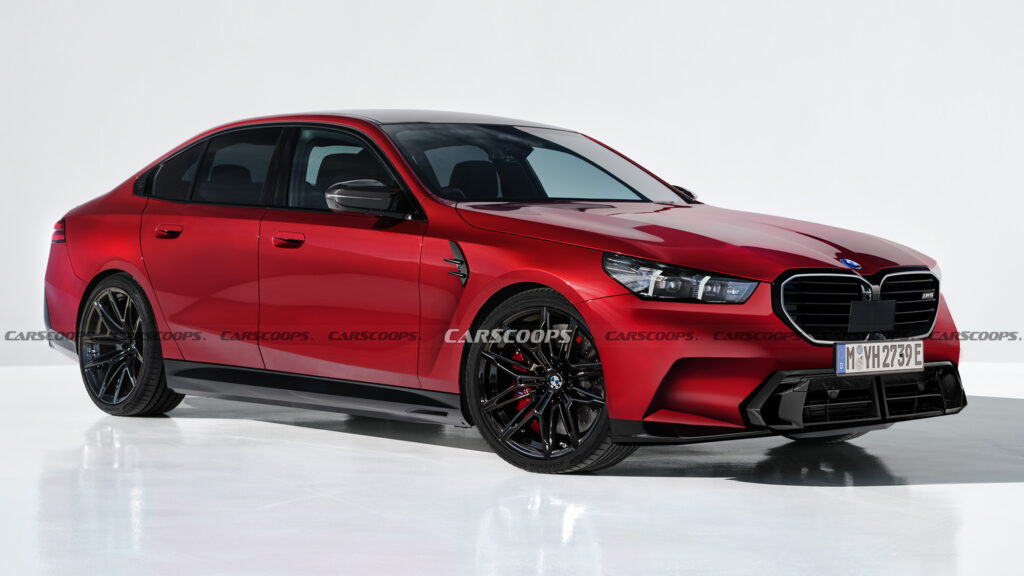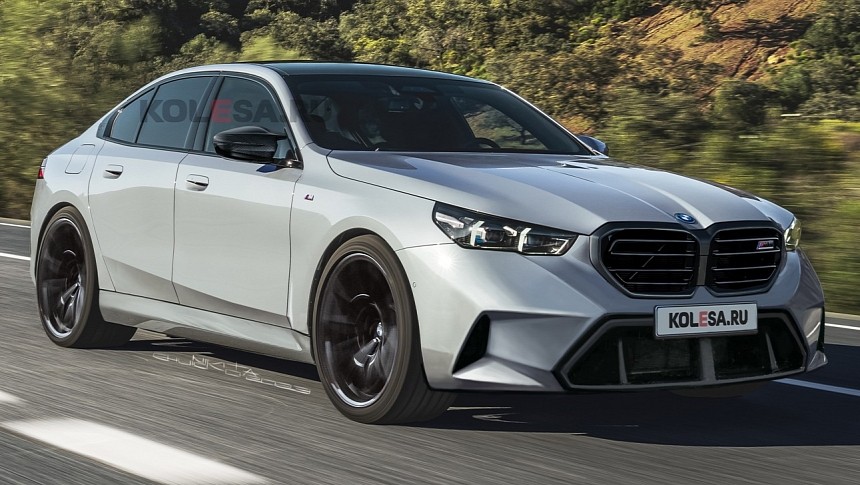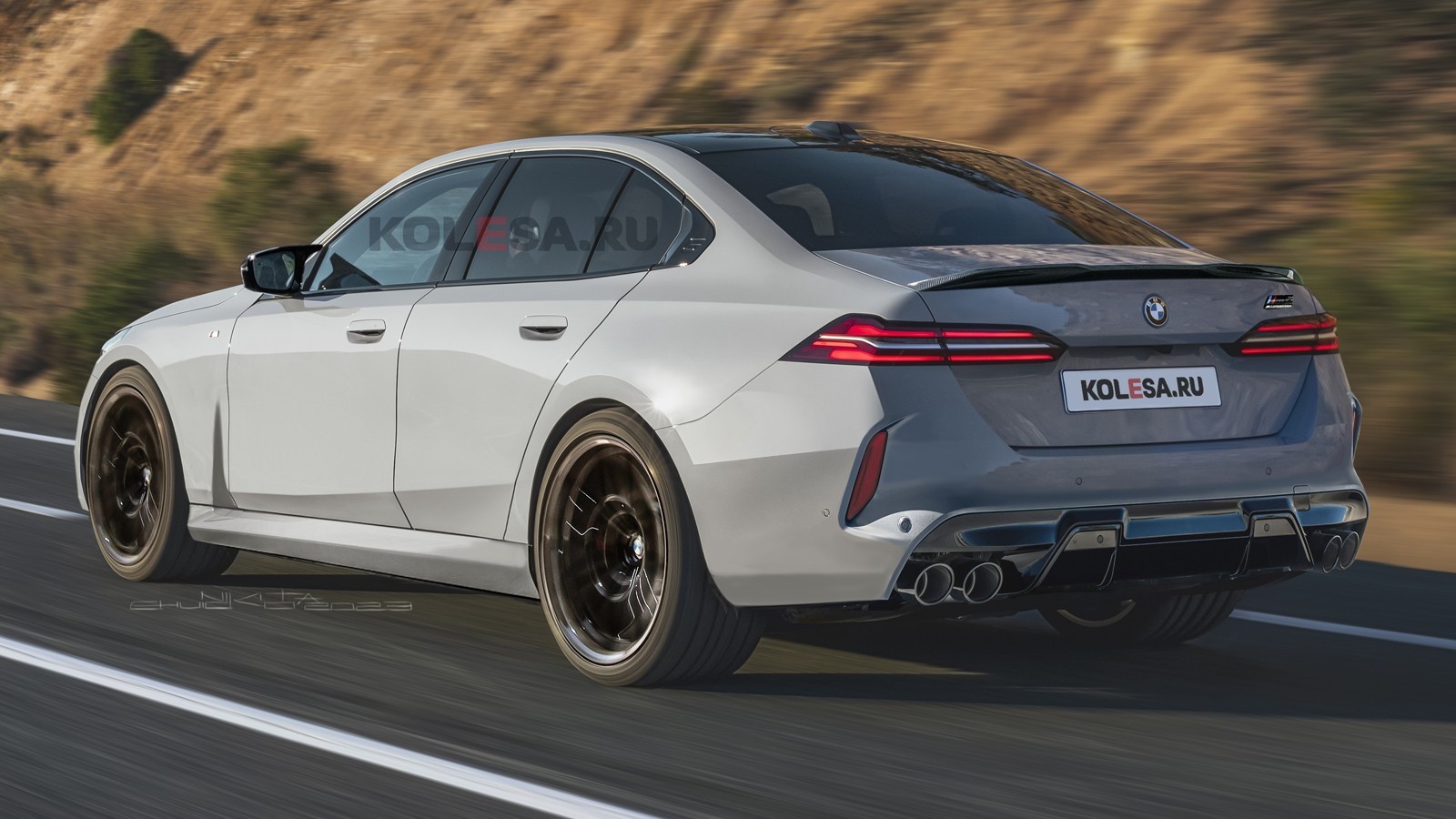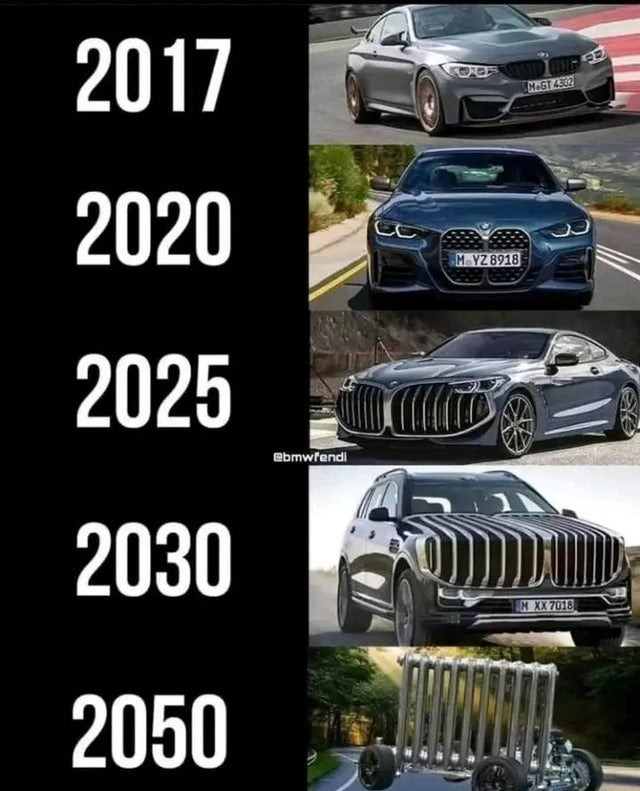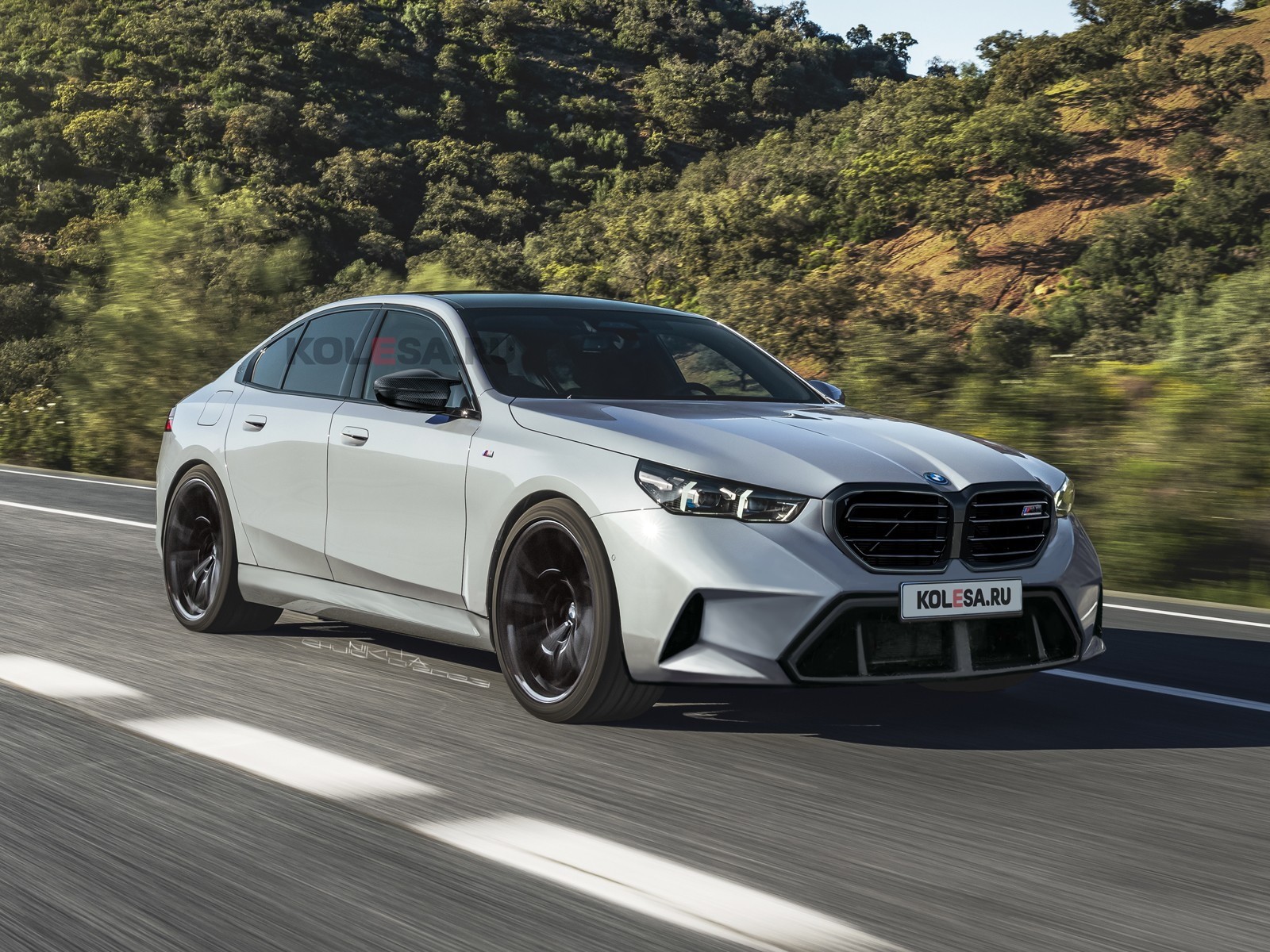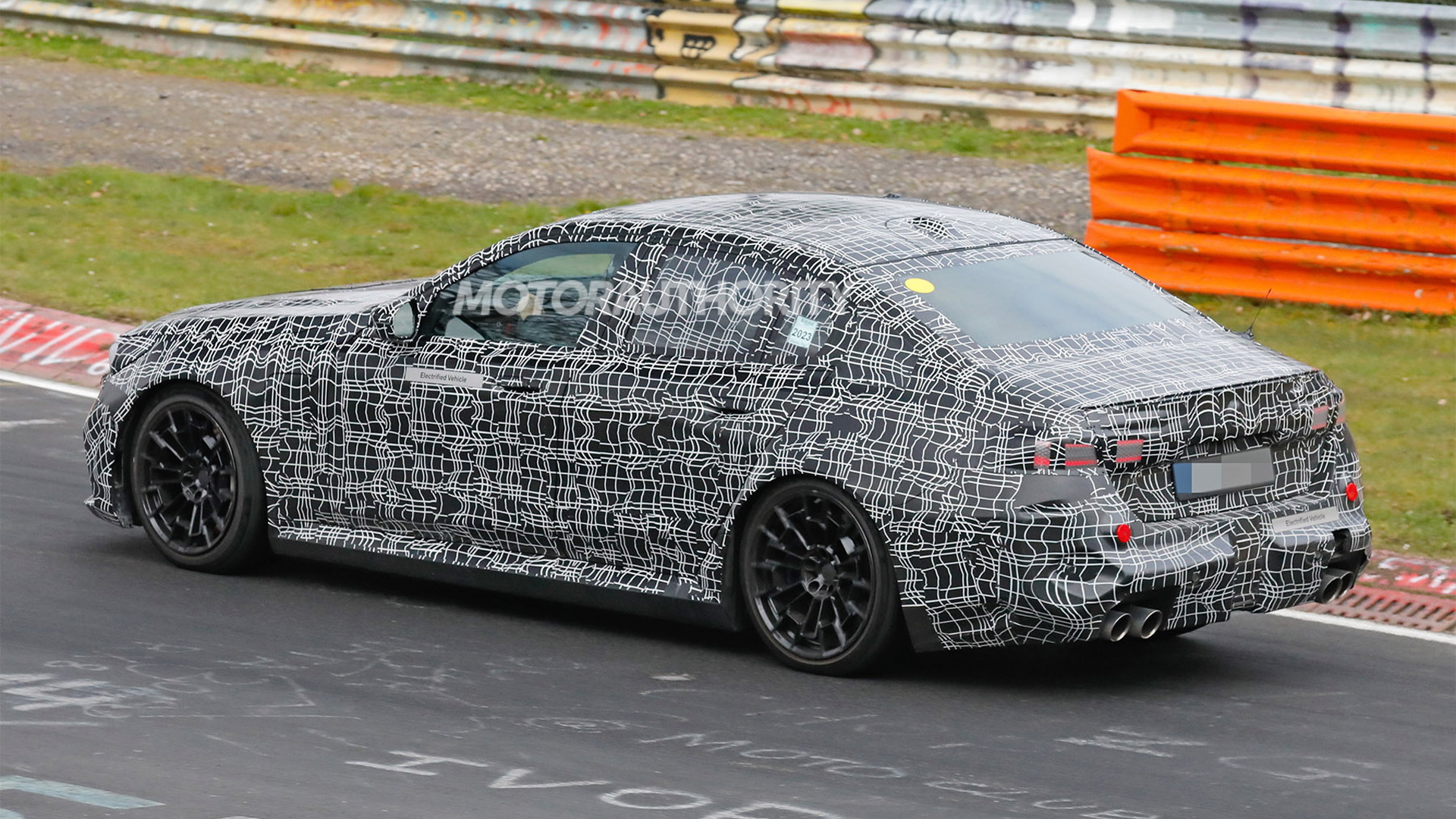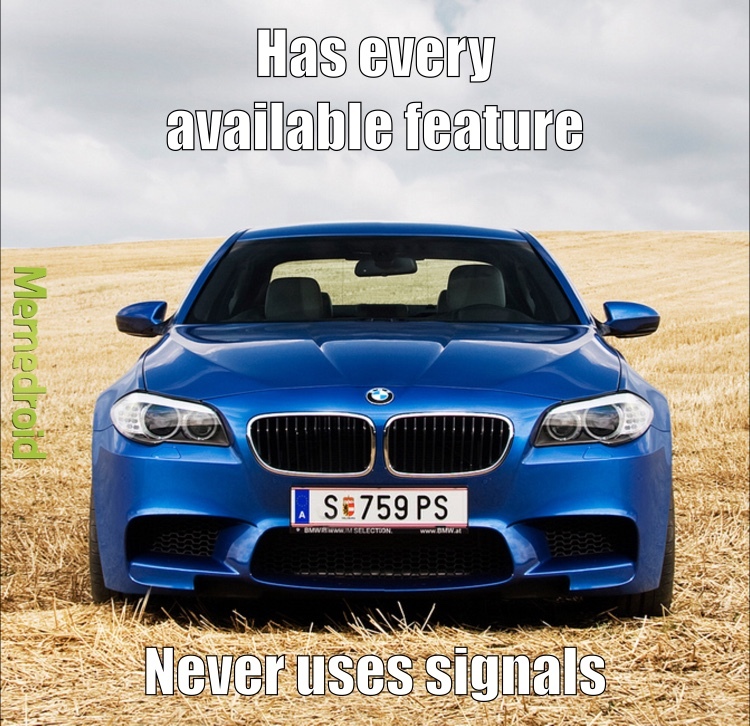
The 2025 BMW M5 Weight Meme: A Deep Dive into the Internet’s Obsession with Car Mass
The internet is a strange and wonderful place. It’s a breeding ground for memes, trends, and viral sensations, often fueled by a collective fascination with the mundane. In 2023, the automotive world witnessed a peculiar phenomenon: the rise of the "2025 BMW M5 Weight Meme." This seemingly innocuous meme, centered around the hypothetical weight of the upcoming M5, captivated the internet, sparking discussions, debates, and even a touch of controversy.
But why the fascination with a car’s weight? And what does this meme tell us about the internet’s relationship with cars, performance, and the ever-evolving landscape of the automotive industry?
The Genesis of a Meme:
The 2025 BMW M5 Weight Meme began circulating online in late 2023, fueled by speculation and rumors surrounding the upcoming model. The core of the meme was a simple premise: the weight of the new M5 was expected to be significantly higher than its predecessors, due to factors like increased safety features, electrification, and the inclusion of advanced technologies. This led to a wave of humorous memes, often featuring exaggerated images of a massive, overweight M5 struggling to move, accompanied by captions like "The 2025 BMW M5: When your car is heavier than your grandma’s casserole."
The Weight of Expectations:
The meme’s popularity stemmed from a confluence of factors. Firstly, the BMW M5 has always been revered for its performance, agility, and handling. The thought of a heavier, less agile M5 sparked anxiety and disbelief among enthusiasts. Secondly, the meme tapped into a broader cultural fascination with car weight. The internet is filled with discussions about the "fat car" phenomenon, where modern cars are often criticized for their increasing weight, perceived as detrimental to performance and efficiency.
Beyond the Laughs: A Deeper Analysis
The 2025 BMW M5 Weight Meme, while seemingly frivolous, reflects a deeper underlying tension in the automotive industry. The push for safety, comfort, and technological advancements has led to a steady increase in car weight, a trend that has become a source of concern for many enthusiasts.
The Weight of Progress:
The rise of safety regulations, like the Euro NCAP crash tests, has played a significant role in car weight. Modern cars are equipped with an array of safety features, from airbags and seatbelt pretensioners to advanced driver assistance systems (ADAS), all adding to the overall mass.
Additionally, the increasing adoption of electrification is contributing to the weight problem. While electric motors are inherently lighter than combustion engines, the battery packs required to power them are significantly heavier. The weight of the battery alone can add hundreds of kilograms to a car’s overall mass.
The Weight of Performance:
The weight of a car directly impacts its performance. A heavier car requires more power to accelerate and decelerate, resulting in reduced fuel efficiency and potentially sluggish handling. This is why enthusiasts are concerned about the weight gain in modern cars, particularly performance-oriented models like the BMW M5.
The Weight of Compromise:
The 2025 BMW M5 Weight Meme highlights the challenges faced by car manufacturers in balancing performance with safety, comfort, and technological advancements. They are constantly striving to find the optimal balance, often resulting in compromises. The meme serves as a reminder that these compromises can have a tangible impact on the driving experience.
The Weight of the Future:
The future of the automotive industry is likely to see even greater emphasis on safety, technology, and sustainability. This will inevitably lead to further weight increases, posing a significant challenge for car manufacturers. The 2025 BMW M5 Weight Meme serves as a warning sign, urging manufacturers to prioritize weight management and find innovative solutions to maintain performance while meeting the demands of the modern driving environment.
The Meme’s Legacy:
The 2025 BMW M5 Weight Meme, despite its humorous nature, has sparked important conversations about the evolution of the car and the trade-offs involved in achieving a balance between performance and practicality. It has also highlighted the growing importance of weight management in the automotive industry, as manufacturers strive to create vehicles that are both safe and efficient.
The Weight of the Future:
As the automotive industry continues to evolve, the weight of cars will remain a critical factor in shaping the driving experience. The 2025 BMW M5 Weight Meme, while seemingly a trivial internet meme, serves as a reminder of this evolving landscape and the challenges faced by car manufacturers in navigating this complex terrain. The future of the car is likely to be characterized by a delicate dance between weight, performance, and technological advancements, and the 2025 BMW M5, whether it lives up to the meme’s expectations or not, will be a key player in this unfolding narrative.
Beyond the Meme:
The 2025 BMW M5 Weight Meme is more than just a funny internet trend. It reflects a deeper societal conversation about the changing nature of cars and the impact of technology on driving experiences. While the meme may have faded from online discourse, its underlying message about the weight of progress and the need for balance in the automotive industry remains relevant. It serves as a reminder that the future of the car is not just about speed and power, but also about efficiency, safety, and sustainability.
A Look Back, a Look Forward:
The 2025 BMW M5 Weight Meme, in its own peculiar way, has captured the essence of the automotive industry’s current state. It has sparked discussions, ignited debates, and reminded us of the complex trade-offs involved in creating the cars of tomorrow. As we move further into the digital age, the weight of cars will continue to be a topic of conversation, and the 2025 BMW M5, whether it lives up to the meme or not, will serve as a testament to the evolving relationship between technology, performance, and the driving experience.
